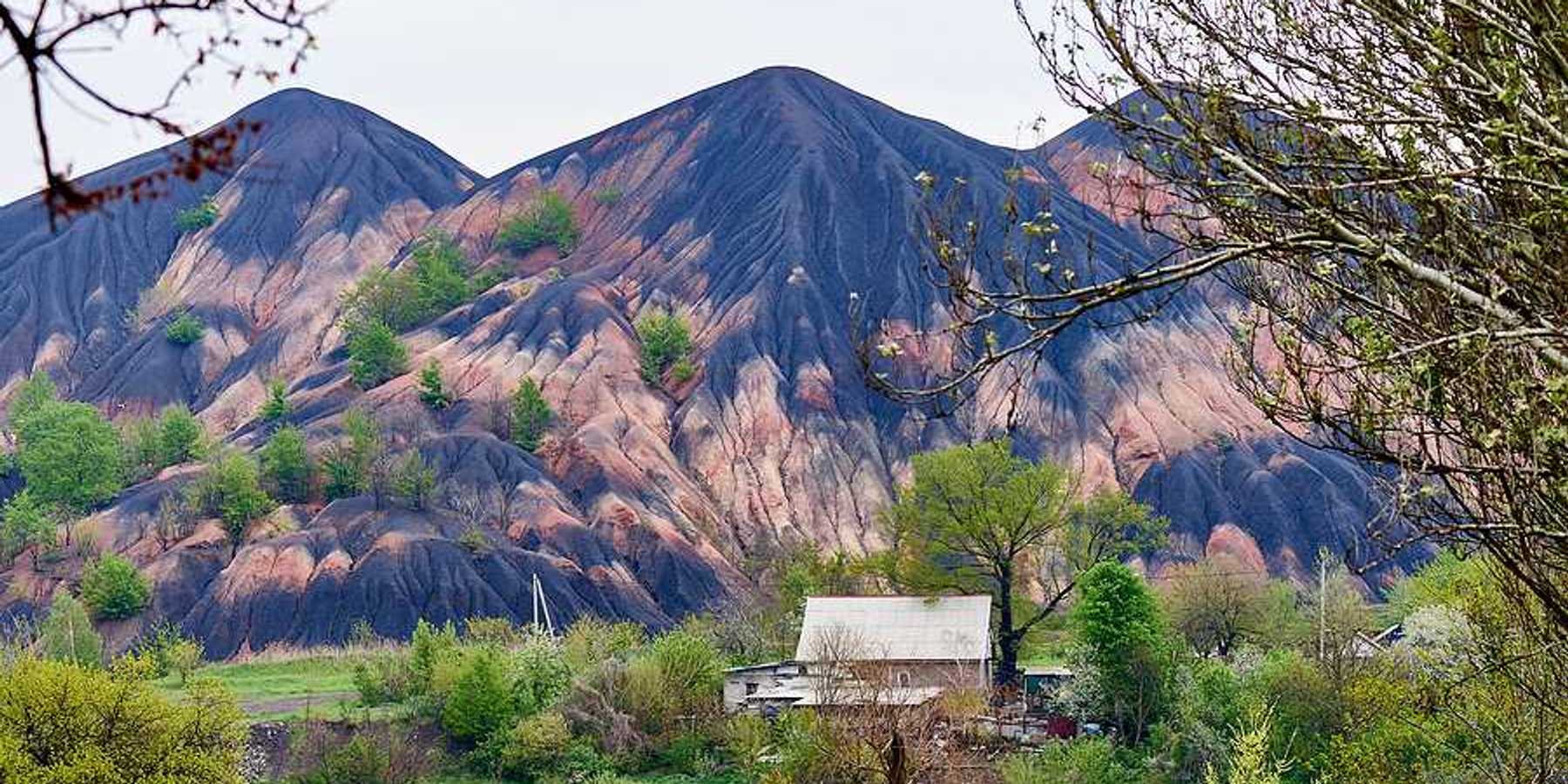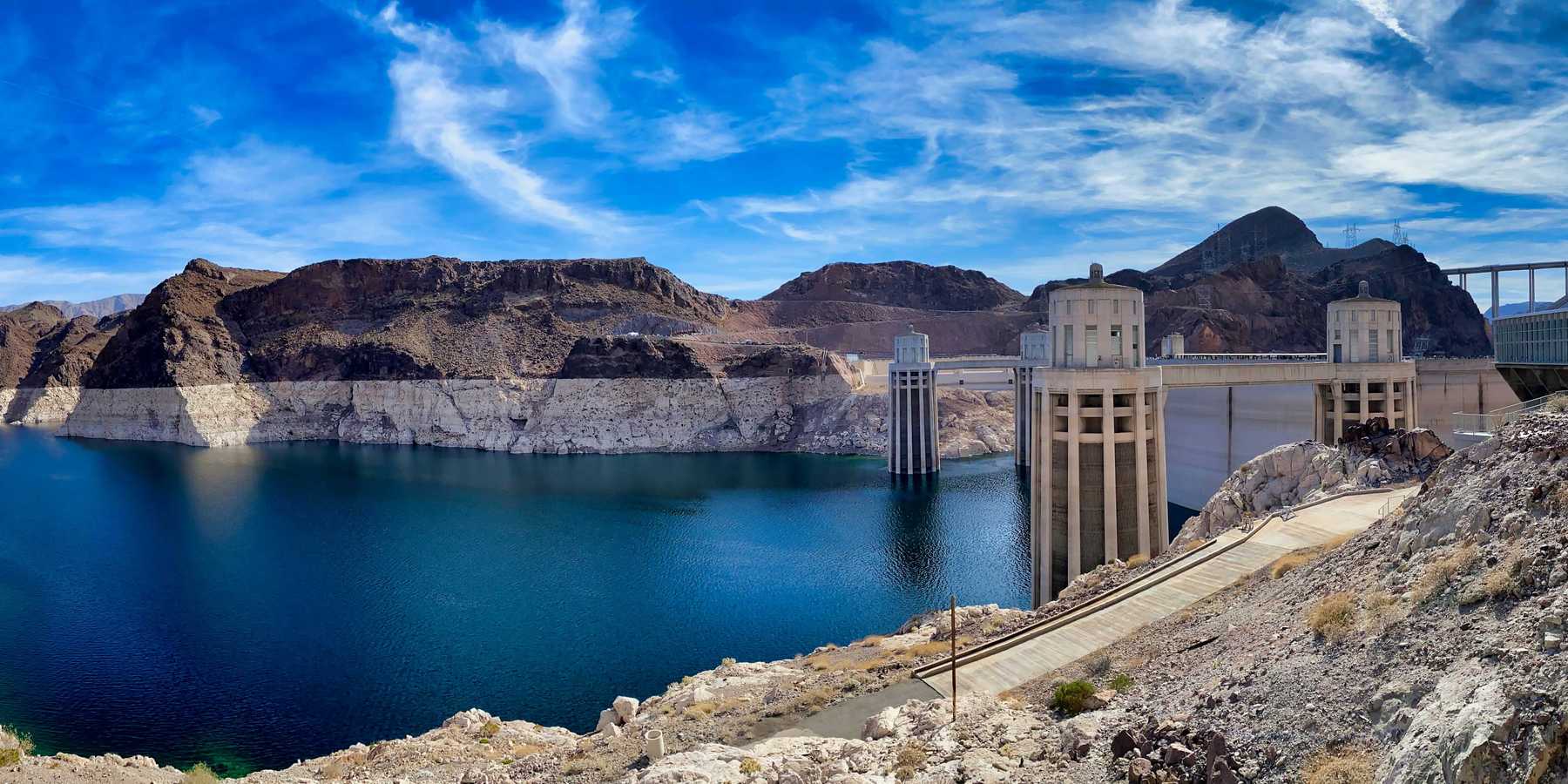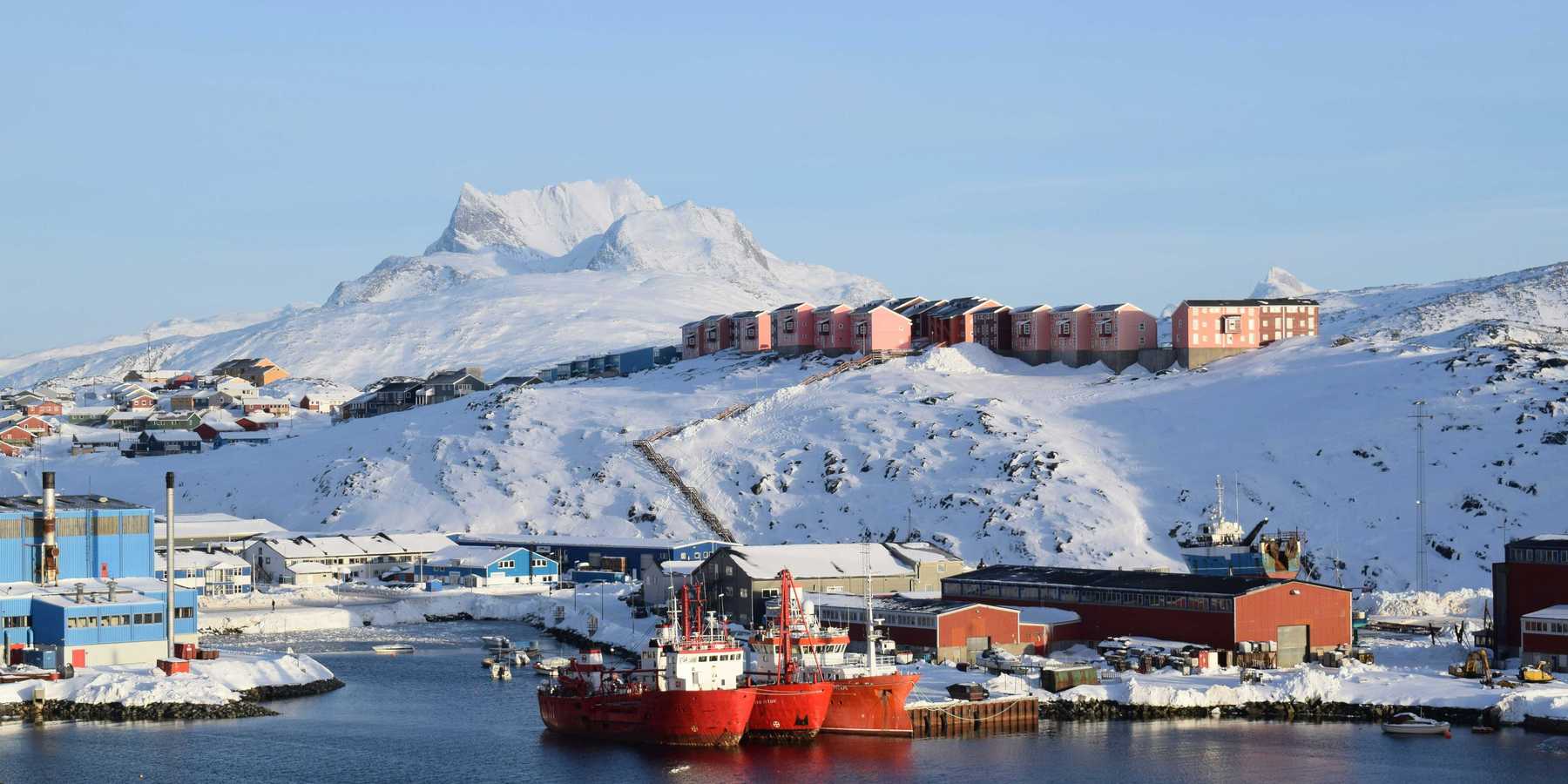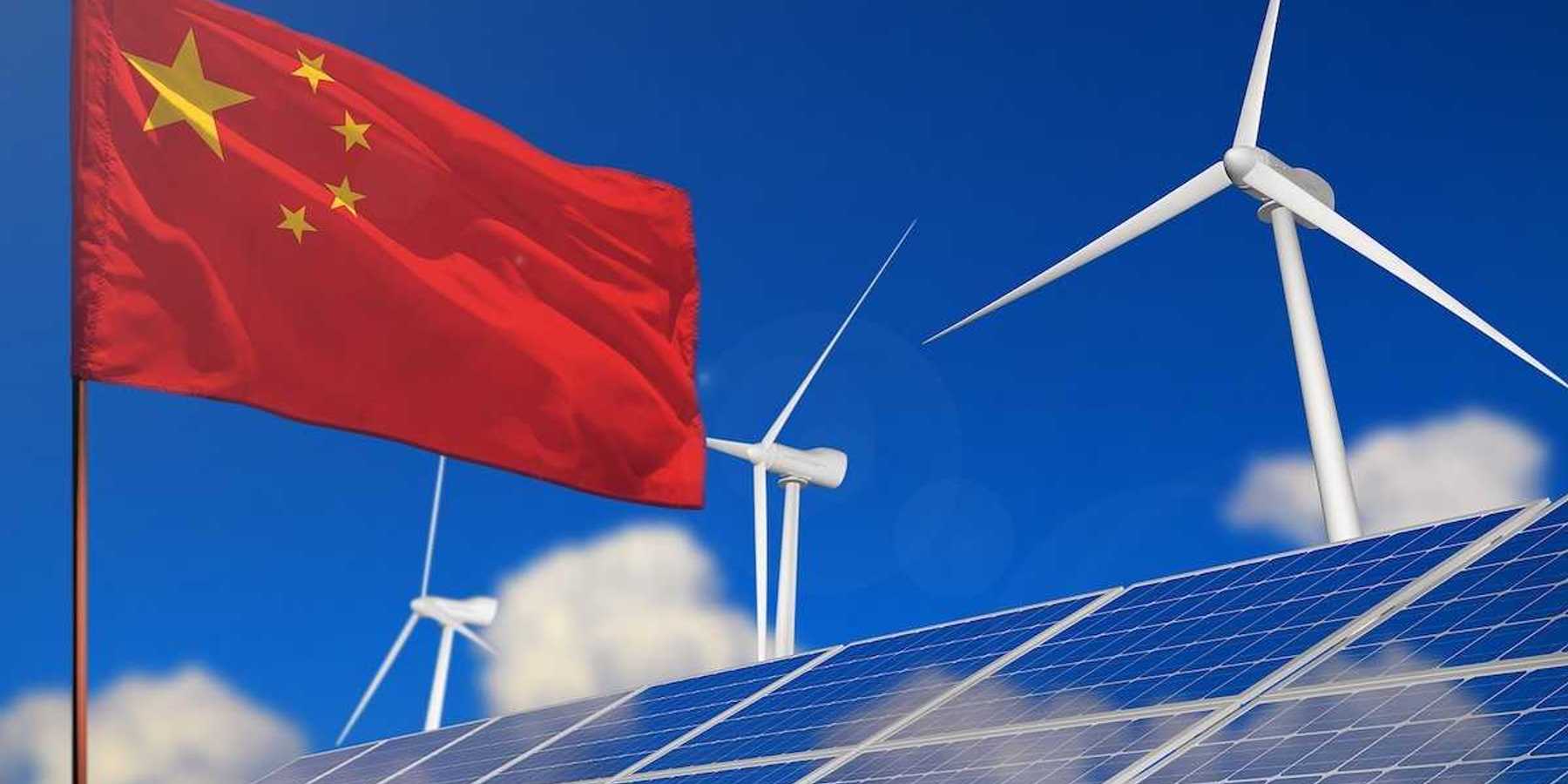Rich nations exporting old gas cars could damage climate goals
As wealthy countries electrify their fleets, they are exporting millions of used gas-powered vehicles to developing nations, threatening efforts to curb emissions and worsening air quality.
In short:
- Rich nations are sending millions of gas cars to the Global South, adding to emissions rather than reducing them.
- These used cars are often outdated and lack modern emissions or safety features, worsening pollution and road conditions.
- Developing countries have weak regulations, making it easy for low-quality vehicles to flood their markets.
Key quote:
"I'm really worried that everything is going to be gas vehicles for many years, maybe decades."
— Godwin Ayetor, senior lecturer, Kwame Nkrumah University of Science and Technology
Why this matters:
A surge in gas-powered cars in developing nations will increase global emissions, hindering efforts to tackle climate change. Without stricter regulations, these countries risk becoming dumping grounds for polluting vehicles, undermining long-term sustainability and health outcomes.
Related EHN coverage: A century of tragedy: How the car and gas industry knew about the health risks of leaded fuel but sold it for 100 years anyway













